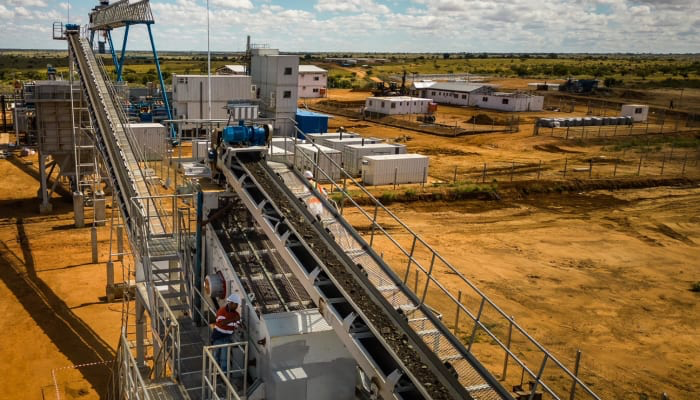KEY POINTS
- Africa’s lithium reserves offer significant global supply potential.
- Investments in processing facilities aim to increase local value addition.
- Challenges remain due to political and investment complexities.
Africa is becoming a significant supplier of lithium, a necessary metal to support the growing demand for energy storage systems and electric vehicle (EV) batteries, in the global market. An updated evaluation of Africa’s role and impact in the lithium supply chain can be seen here.
Lithium reserves and key producers
Africa is one of the world’s leading sources of lithium due to its reserves, particularly in Zimbabwe, the Democratic Republic of the Congo (DRC), and Mali.
One of the biggest lithium resources in the world is found in Zimbabwe alone, and by 2024, a number of additional projects are expected to greatly boost production.
China, which has concentrated on Africa to meet global lithium demands and supply its own expanding EV sector, is investing heavily in these nations.
The continent’s lithium supply chain depends heavily on processing facilities, which are expanding in countries like Zimbabwe, Mozambique, and Tanzania.
Local governments are now focusing on value addition, requiring mining companies to refine lithium domestically rather than exporting raw material. This move aims to boost local economies and support job creation, but it demands significant investment in infrastructure.
Challenges in Global Lithium Supply Dependence
While African countries stand to benefit from their lithium reserves, political stability and regulatory issues present significant obstacles.
Legal disputes, mining rights controversies, and concerns over transparency have made some investors cautious.
Additionally, reliance on Chinese investment has created a dual-edged sword, as African governments seek ways to retain resource control and balance partnerships.
Africa’s contribution to the clean energy transition
As lithium is essential for energy storage in renewable projects, Africa’s output supports the global transition to cleaner energy.
The International Energy Agency (IEA) highlights that Africa could supply up to 20 percent of the world’s lithium by 2030, helping meet international climate targets by supporting EV production and renewable energy projects.



